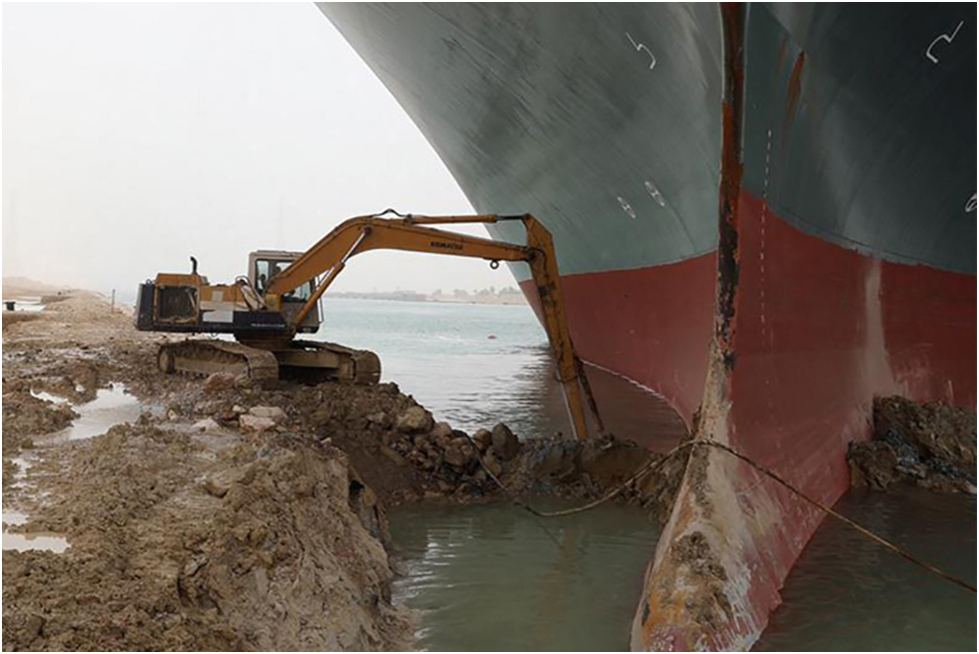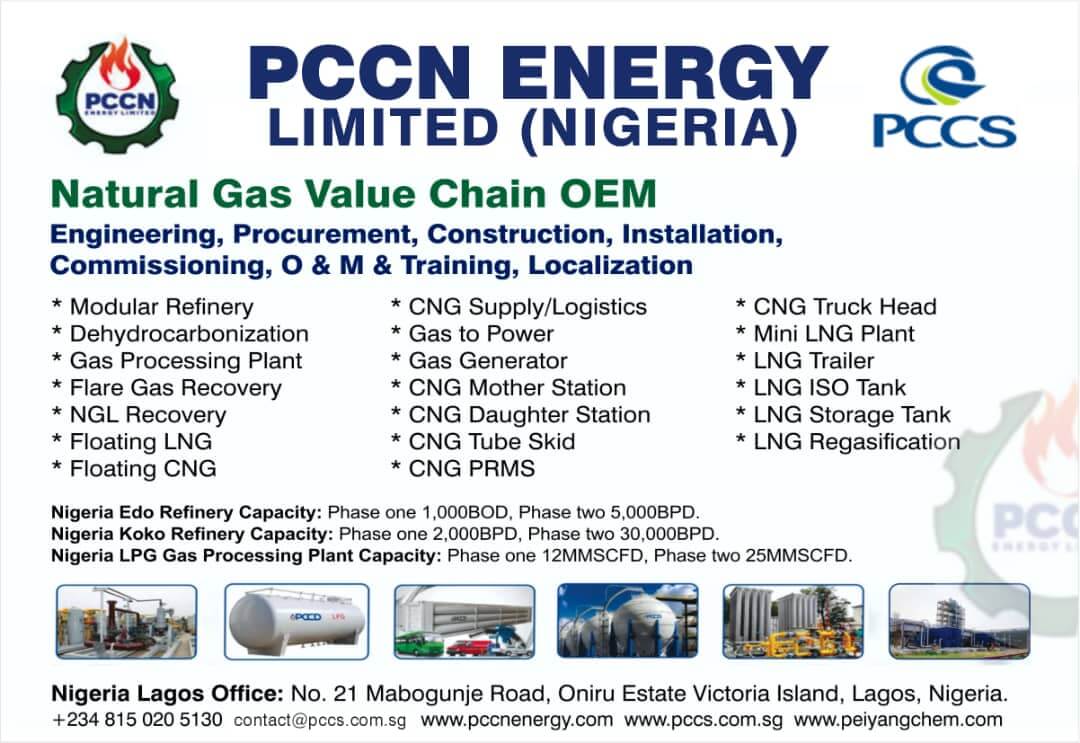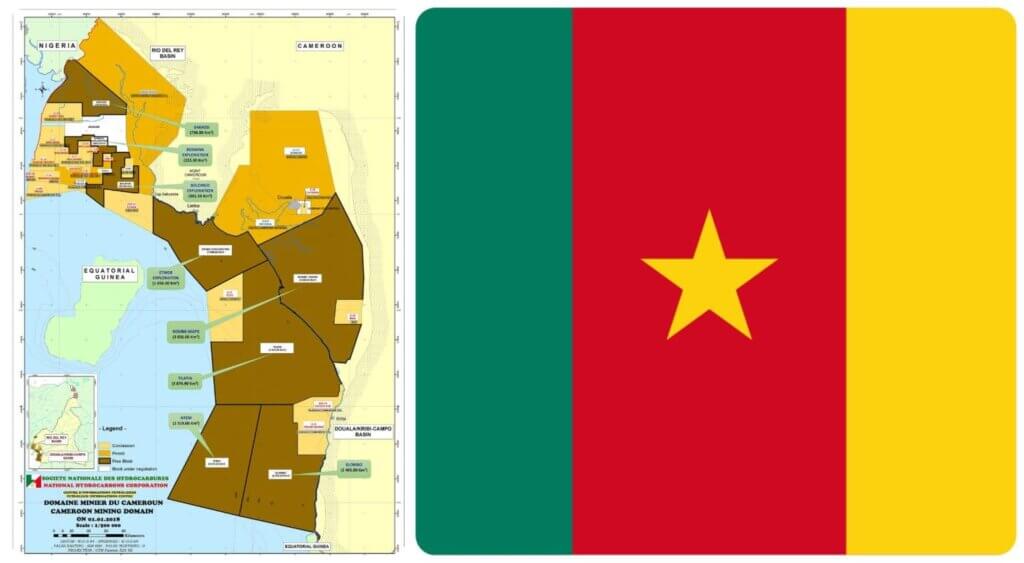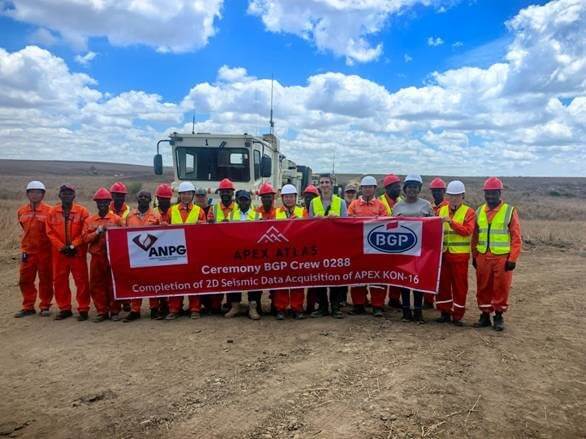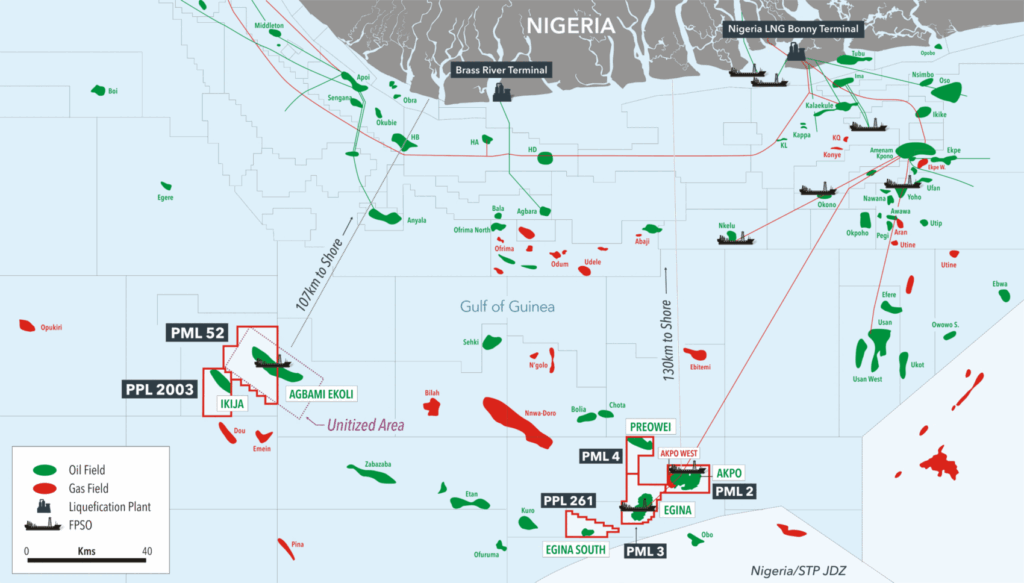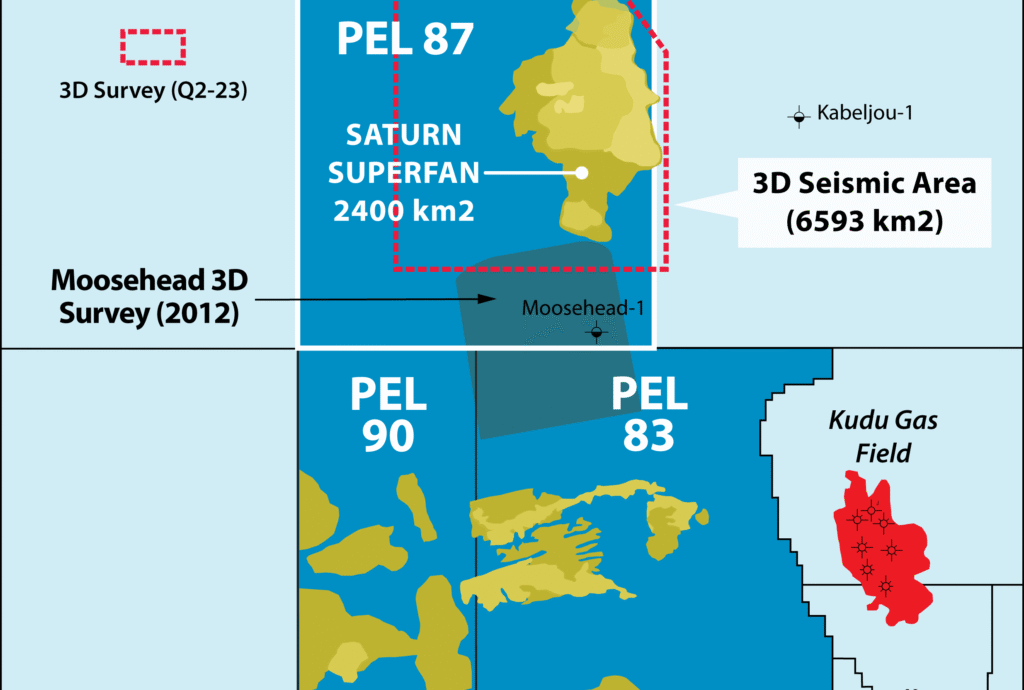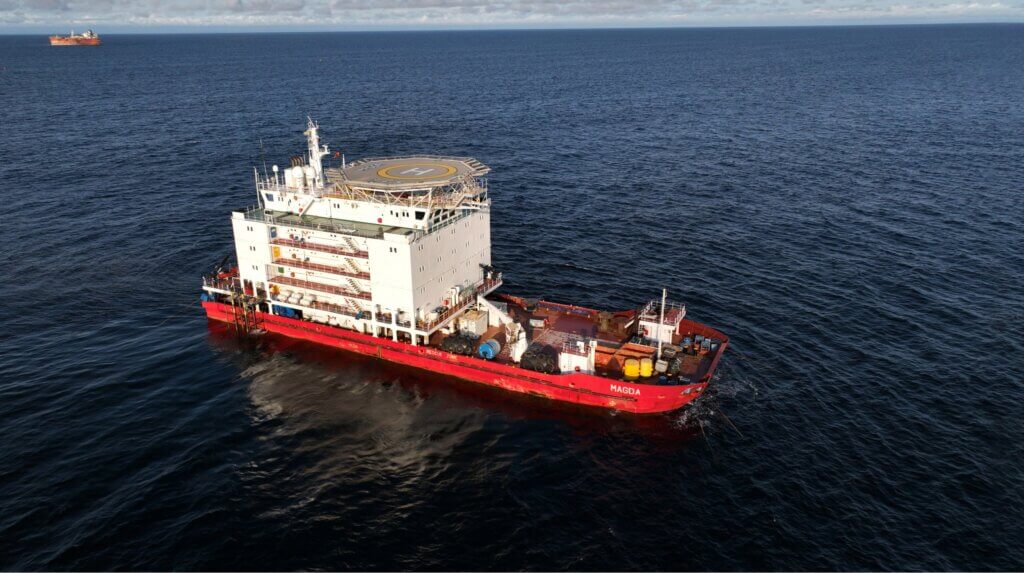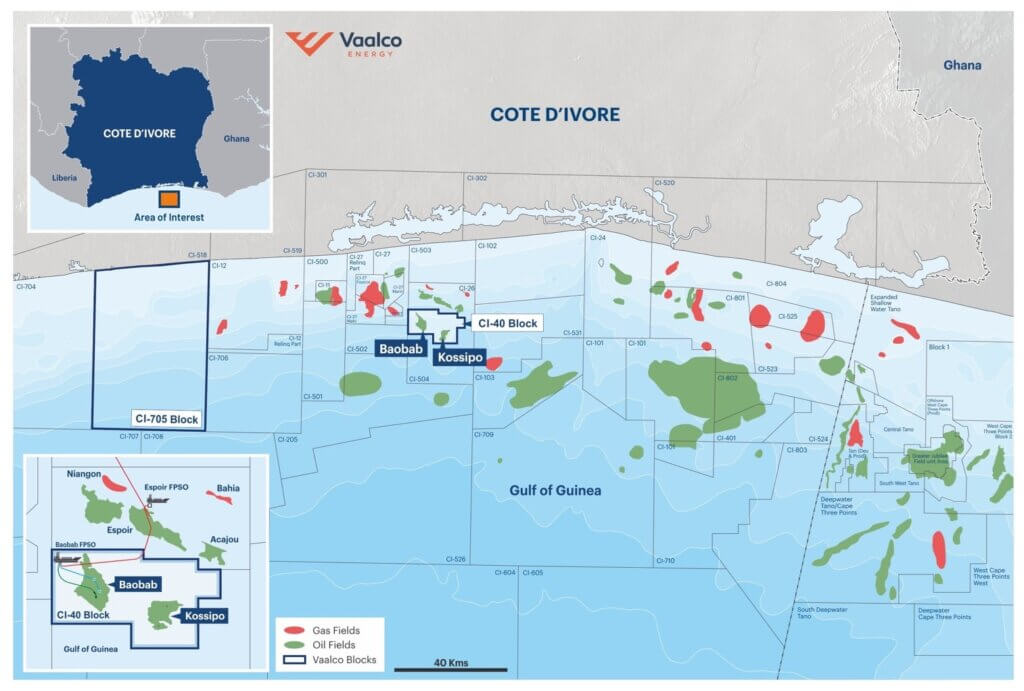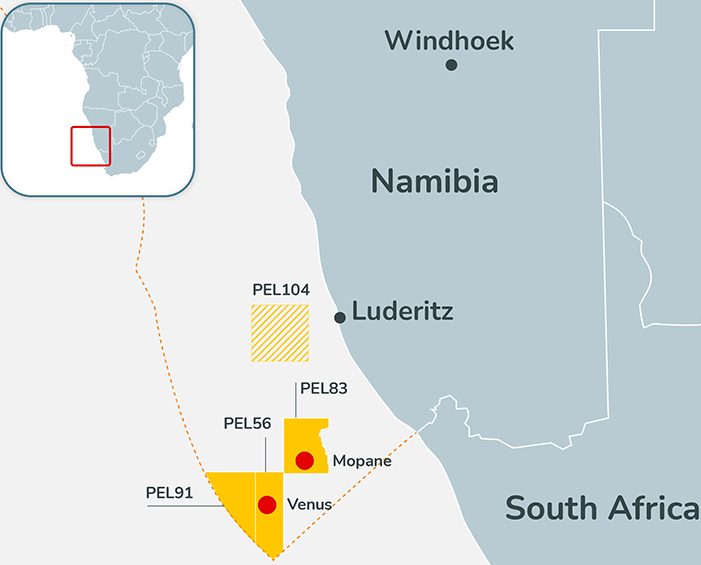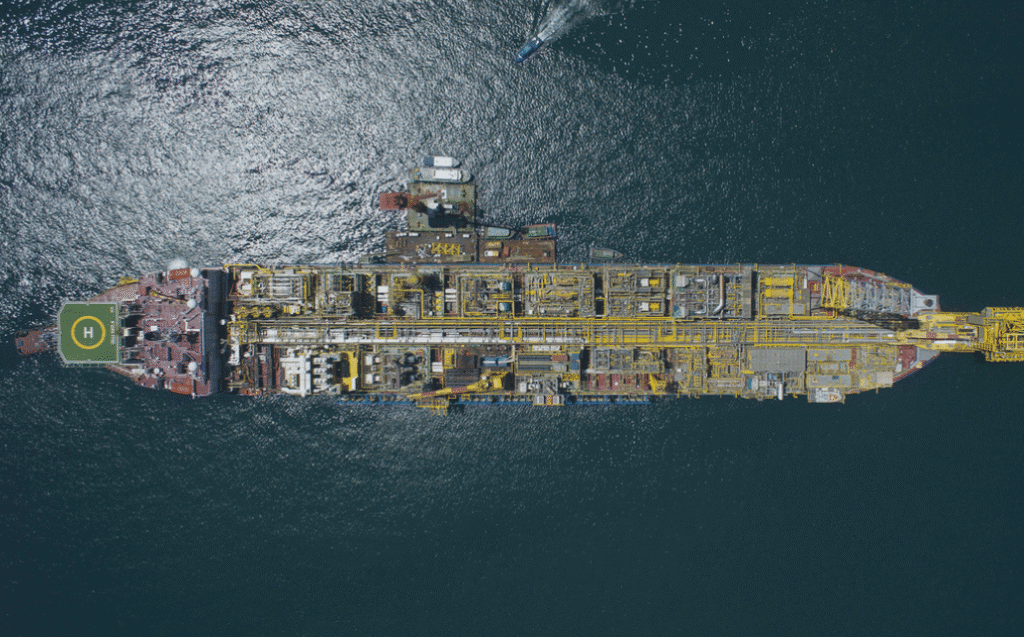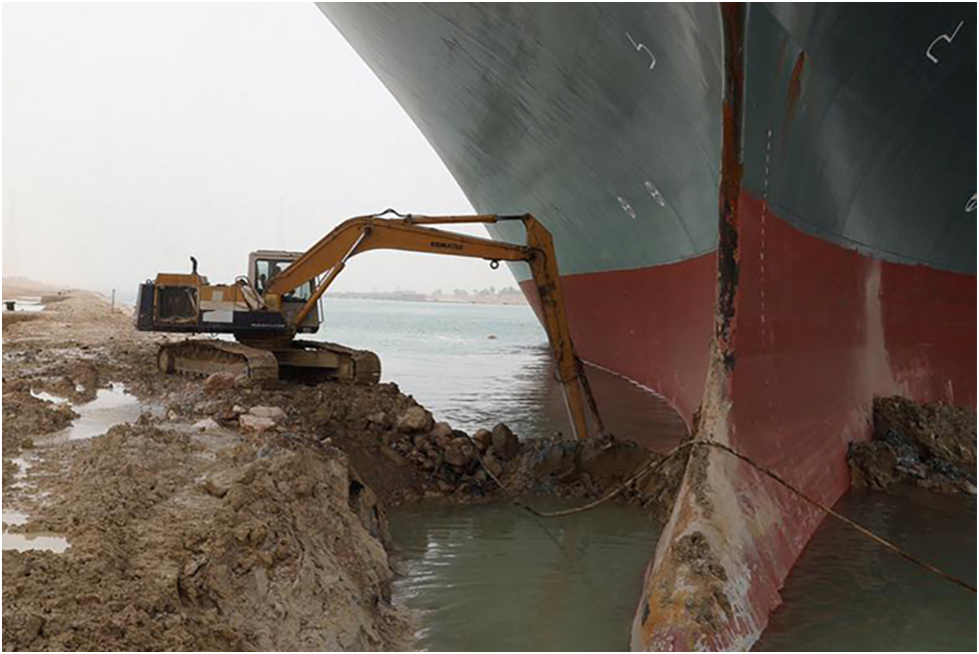
The blockade caused by the grounding of a large container ship in Egypt’s Suez Canal — halting marine traffic through one of the busiest and most important waterways in the world — could have a major impact on the liquefied natural gas (LNG) market if prolonged, according to an analyst at Wood Mackenzie.
The ship, called Ever Given, ran aground on Tuesday morning after losing the ability to steer amid high winds and a dust storm, the Suez Canal Authority (SCA) said in a statement. Rescue efforts are currently underway with multiple tugboats sent to the scene to assist in the re-float operation, which can take days CNBC reported.
“The impact of this disruption on the LNG market will be limited if the disruption is solved within a day or two. Only a handful of LNG cargoes were in the close vicinity of the Suez Canal when the incident started. At this stage, we don’t expect major bottlenecks, unless the situation drags on,” said Lucas Schmitt, principal analyst at Wood Mackenzie.
The Suez Canal is a key channel for LNG ships – with around 8% of global LNG trade passing through.
“So far in March 2021 a handful of cargoes have been transiting each day in both directions (until the disruption),” added Schmitt.
The 120-mile long man-made waterway is a key point of global trade, connecting a steady flow of goods from East to West. Everything from consumer products to machinery parts to oil flows through its waters.
Nearly 19,000 ships passed through the canal during 2020, for an average of 51.5 per day, according to the Suez Canal Authority. The Ever Given ship, was sailing from China to Rotterdam when it ran aground.
The impact on the LNG market would be greater if the disruption is prolonged as the recent delays at the Panama Canal illustrated, according to Schmitt. Those delays lead to a spike in LNG prices and shipping rates, according to Reuters.
“However, the timing of this incident means it will have less impact on prices than that of the Panama since we’re entering the shoulder season for the LNG market,” he noted. “Charter rates are currently low – around 30 k$/d – but could tighten up (reflecting the additional tonne-mile needed to bypass the canal) if the disruption lasts.”
Schmitt added further delays could “impact both loading and discharge schedules and disrupt some flows, mostly to the European market.”





















